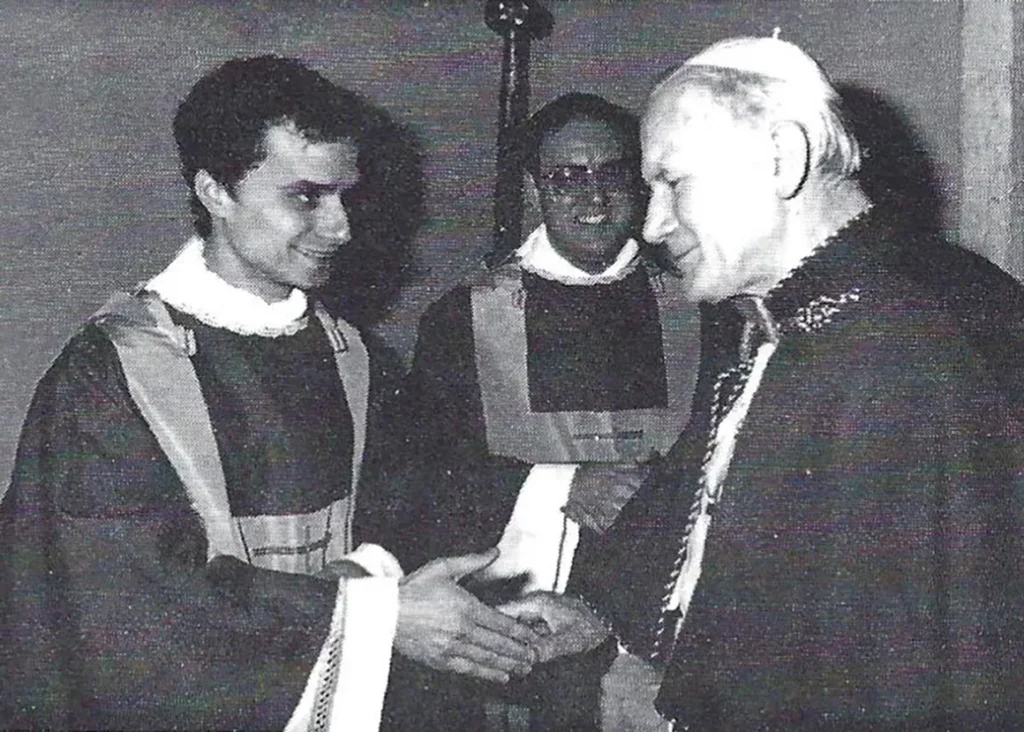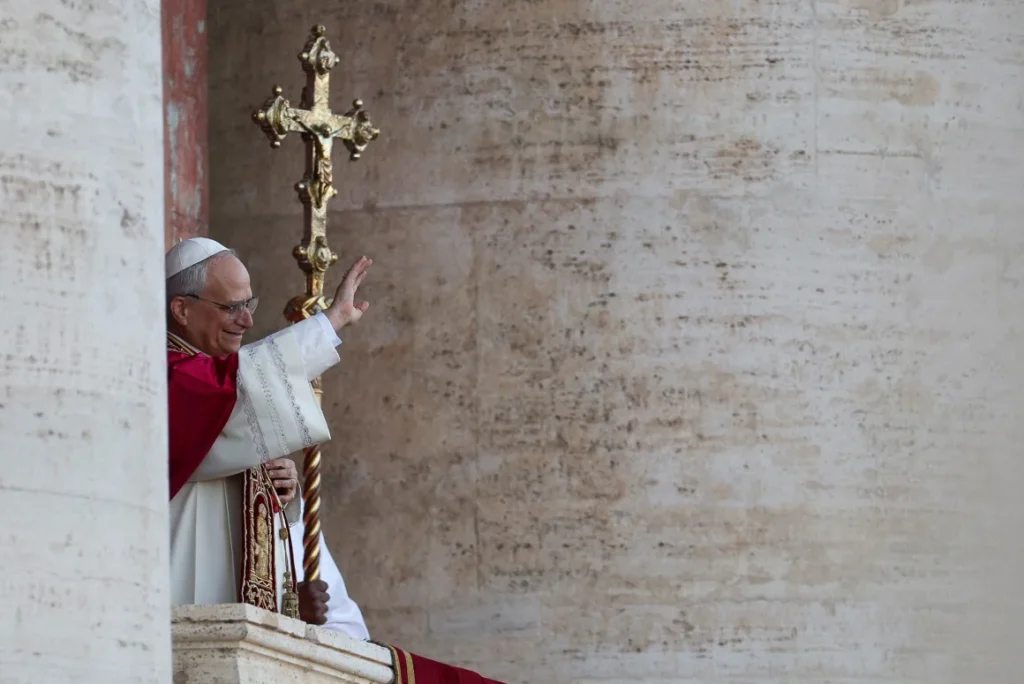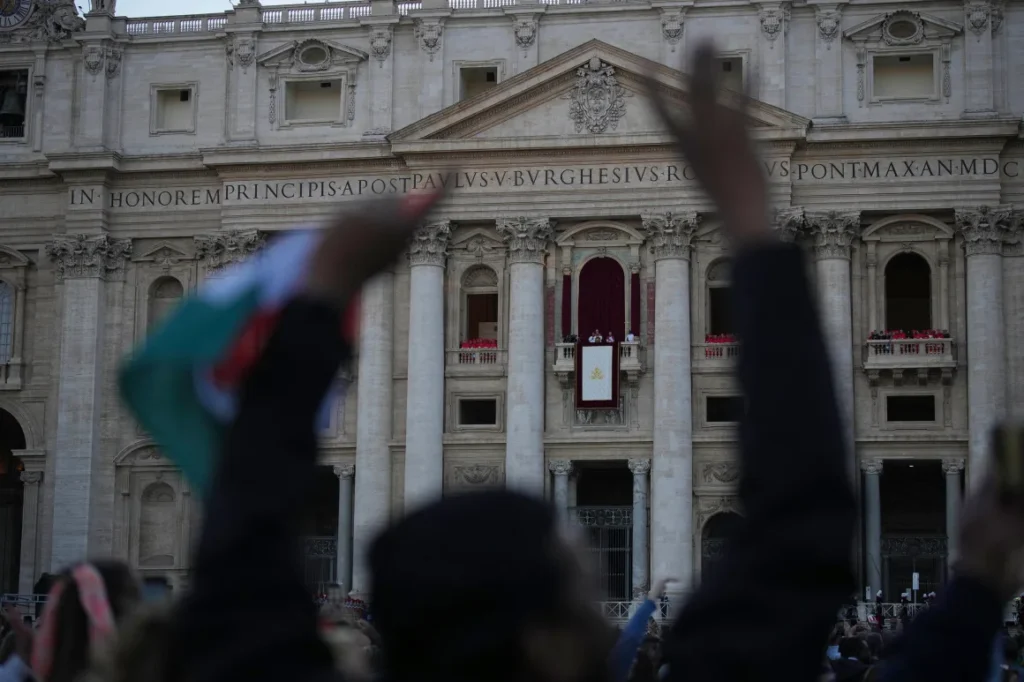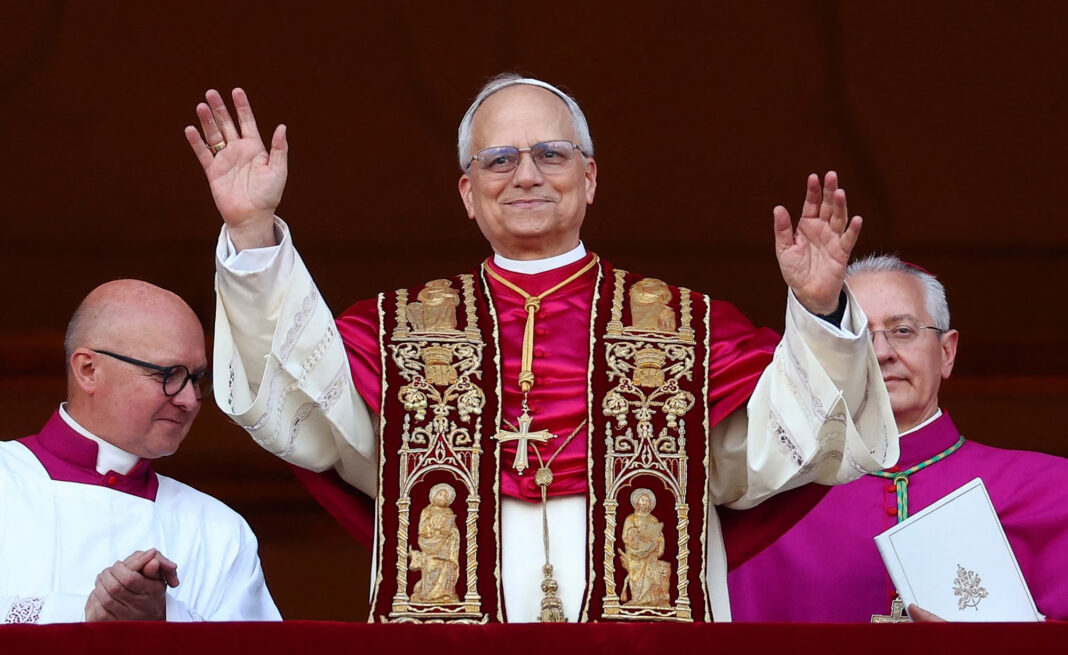In an unprecedented moment for the Vatican and the world, Robert Francis Prevost, a quietly transformative force within the Catholic Church, has been elected as Pope Leo XIV—marking the first time an American has ascended to the papacy. The 69-year-old cardinal from Chicago shattered centuries of tradition and geopolitical reluctance, stepping into history with humility forged not in power, but in service.
To many in the United States, his name may still be unfamiliar. But in Peru, he is already revered. Locals in Chiclayo, where Prevost spent a decade as bishop, recall him less as a figure of hierarchy and more as a hands-on humanitarian. After devastating floods ravaged the region, he was not behind a desk — he was in the streets, walking through knee-deep mud to deliver aid. During the peak of the COVID-19 pandemic, he orchestrated the purchase of not one, but two oxygen plants for his overwhelmed community. For many Peruvians, these actions were more than charitable; they were life-saving.

“He doesn’t hesitate to roll up his sleeves,” said Janinna Sesa, who worked with Prevost through Caritas, the Catholic Church’s global aid organization.
“Whether it’s organizing oxygen delivery or fixing a broken truck, he gets it done”
His dedication didn’t go unnoticed by Pope Francis, who first appointed him Bishop of Chiclayo in 2014, and later entrusted him with one of the Vatican’s most critical roles in 2023—overseeing the selection of bishops worldwide. That move alone signaled trust in Prevost’s quiet, yet firm, leadership. His elevation to pope now signals something far deeper: a pivot towards a church led not by political calculations, but pastoral depth.
There has long been an unspoken barrier to an American pope. The fear: that placing the spiritual leadership of over a billion Catholics into the hands of someone from the U.S. would dangerously blend ecclesiastical authority with global political dominance. Prevost, however, subverts that narrative entirely. His identity is less “American power” and more “missionary resolve.”

Choosing the name Leo XIV — a title not used since the 19th century — he nods to continuity while signaling a fresh chapter. What remains to be seen is how he will guide the Church through this era of complex global tensions, internal reform, and shifting faith demographics. But what’s clear is this: Pope Leo XIV brings more than American firsts to the papacy. He brings lived compassion, grassroots experience, and an unapologetically hands-on style of leadership.

In a world increasingly weary of figureheads and performance, his grounded presence may be precisely what the Catholic Church — and the world — needs now.


